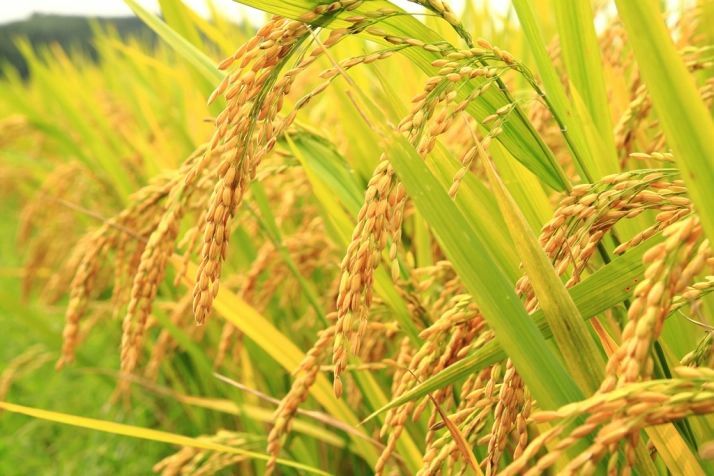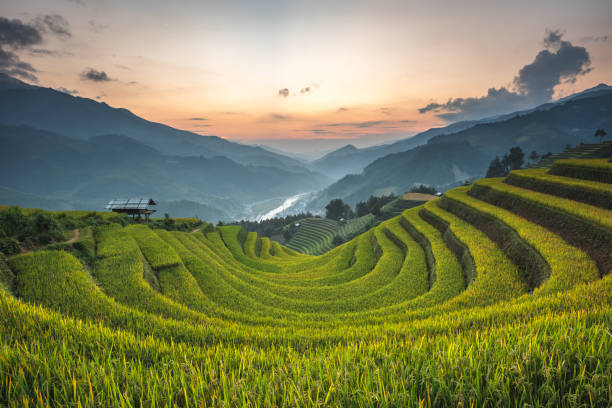‘Fake’ seed blamed for Thailand’s disgrace in rice Olympiad

“Fake” seed has been blamed for Thailand’s embarrassing second place in last week’s international rice Olympiad in Phuket.
Following national humiliation at the hands of Cambodian farmers, a government investigation into the disaster blamed “fake seed” for the disgrace.
Natthakit Khongthip, the man carrying the can for the catastrophe, on Thursday described the offending seed behind Thailand’s national as “inauthentic.”
The quality of Thai rice is an incredibly touchy subject. Sixty varieties of rice from all over the world entered the competition for the best fragrant rice this year. The World Rice Conference in Phuket was won by Cambodia’s Phka Romduol rice last Thursday.
A shame-faced Chukiart Opaswong, honorary president of the Thai Rice Exporters Association, said the Thai rice was beaten by just one point. American judges said the Cambodian rice smelled better than the Thai.
Thailand’s Khao Dawk Mali 105 is the best-known variety of fragrant rice, revered by consumers for the past 60 years, according to Natthakit.
However, the rice boss declared…
“Consumers have complained in recent years that Thai rice has lost its fragrance, leading to questions of whether Khao Dawk Mali 105 had been contaminated or had mutated.”
Natthakit ordered his research and development division to investigate the real cause of Thai jasmine rice losing its distinctive smell. Eggheads in the department found that the seed provided by the department smelled just fine, and blamed farmers. Farmers prefer to plant with seeds from previous harvests instead of coughing up more departmental seeds.

“Fake seed” was blamed, but the environment had also let the side down and had to take its fair share of the blame. Natthakit said…
“Khao Dawk Mali 105 should be planted in fertile sandy soil in the Northeast so that the paddy fields are dry when the rice flowers start to accumulate pollen and develop fragrance.”
Natthakit then went on to blame the weather, claiming the winter was too short and warm for the fragrance in the rice to become fully fixed.
Lazy farmers, the top rice bureaucrat continued, were also to blame, not his department. Farmers should drain their paddy fields seven days after the plants start to flower if they expect to win international acclaim.
Jasmine rice should be harvested 25 to 30 days after flowering, Natthakit insisted. And the harvested rice must be kept for no more than five months in cool storage to maintain the fragrance.
Latest Thailand News
Follow The Thaiger on Google News:


























